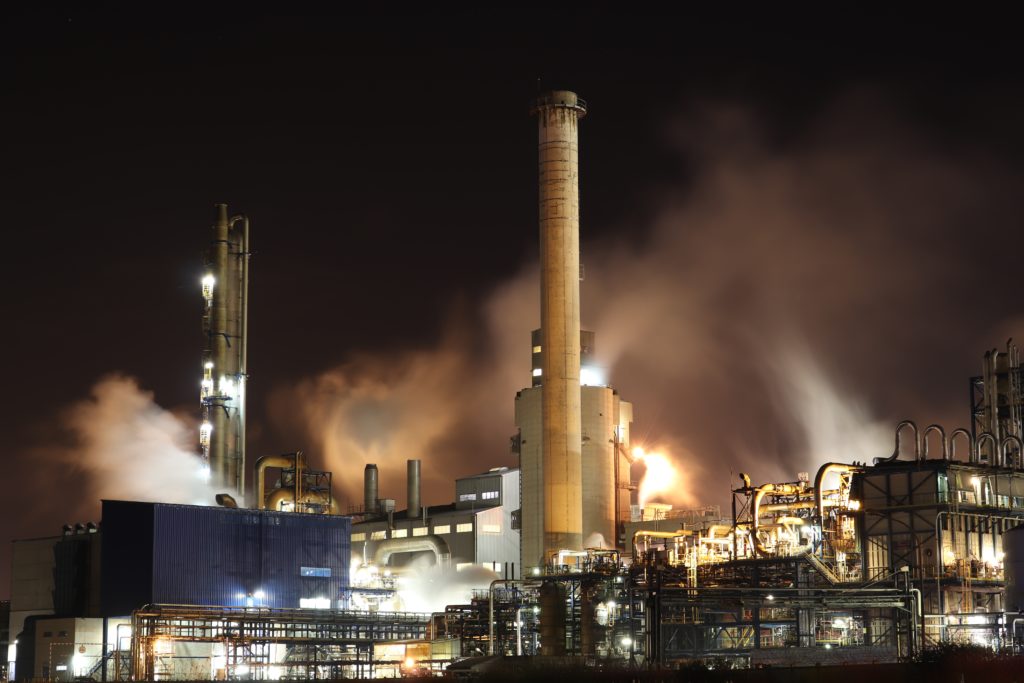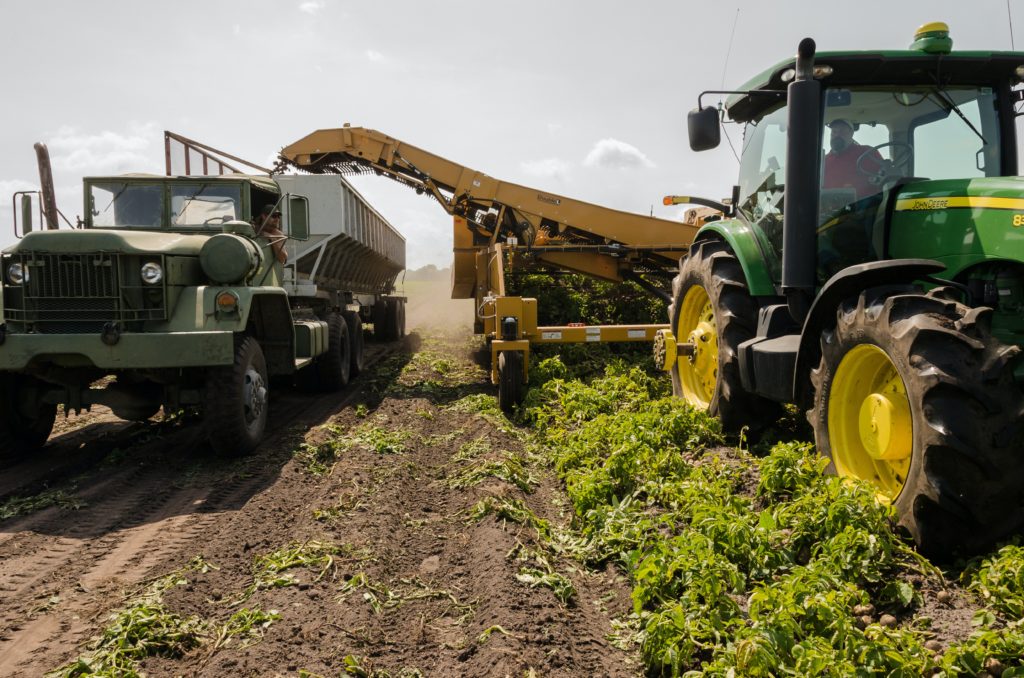4 Mins Read
New research has revealed that despite a global rise in commitments to take climate action, $1.8 trillion is being spent every year to prop up industries that are contributing to environmental damage.
Subsidies are given in the form of tax breaks, government spending and financial aid. Examples include tax rebates for beef production in the Amazon, which results in deforestation. Subsidy experts claim that a “significant” portion of the $1.8 trillion could be redirected to support climate endeavours and bring the world closer to net zero.

A failure of leadership
Authors of the research, Doug Koplow and Ronald Steenblik, are calling for a global reform of harmful subsidies. The touted $1.8 trillion figure amounts to 2 percent of total global GDP. The two claim that with a shift in political allegiances, plus radical reform in the public and private sectors, this figure can be put to positive use. It could support initiatives that bring everyone in line with the Paris agreement, rather than contradicting it.
The study confirms that water pollution and deforestation have both been directly funded by government money. Koplow and Steenblik want to see a target set for ending environmentally-damaging subsidy payouts. They have suggested by the end of the decade, to prevent further biodiversity loss and to contribute to pledges to protect ecosystems.
“Nature is declining at an alarming rate, and we have never lived on a planet with so little biodiversity,” Christiana Figueres, former head of the UN climate change convention told The Guardian. “Harmful subsidies must be redirected towards protecting the climate and nature, rather than financing our own extinction.”
Fossil fuels at the centre
Unsurprisingly, fossil fuels are caught up in the subsidy debacle. Last year it was reported that fossil fuel companies receive £11 million in subsidies per minute. The data came from a $5.9 trillion total that was handed out in 2020 to the fossil fuel industry. In the new report, the $1.8 trillion figure breaks down to $620 billion for fossil fuels, with agriculture’s $520 billion coming second. Tellingly, no data was available for the mining sector, which is thought to contribute to vast ecosystem damage every year.
In 2021, a UN report showed that 9- percent of all farming subsidies supported environmentally damaging practices. As well as contributing to climate change, human health and ecosystems have suffered as a result of money given to prop faltering agriculture businesses. Meanwhile, independent smallholders have been excluded from the same leg-up.

Building on good intentions
As part of the UN biodiversity agreement, a $500 billion subsidy reform has been called for. Experts say this is not enough and needs to be strengthened. According to The B Team and Business for Nature, both of whom supported the new research, the world has consistently failed to halt biodiversity loss. A failure to revise subsidies has been noted as a potential stumbling block.
Elizabeth Mrema, UN biodiversity head, boiled down the importance of the new report’s findings. “The report highlights how redirecting, repurposing, or eliminating subsidies could make an important contribution to unlocking the $711bn required each year to halt and reverse the loss of nature by 2030 as well as the cost of reaching net zero emissions,” she said in a statement.
A persistent problem
This is not the first account of global leaders failing to live up to climate change pledges. From governments to institutions, plenty are falling short.
Most recently, it has been reported that some of the world’s largest and most influential financial institutions are backtracking on net-zero ambitions. Not flagrantly, or transparently, but by promising to better while underpinning the coal industry. $1.5 trillion has been found to have supported the coal industry, along the entire supply chain, from numerous financiers with net-zero promises in place. Data has been collected after 40 countries vowed to stop using coal at the COP26 in 2021.
The climate talks, held in Glasgow last year, were widely regarded as disappointing. One of the most concerning revelations was that global temperatures will still rise by 2.4°C, even if everything pledged is followed through. Which, given the new research above, seems unlikely. A further point of contention was the lack of discussion about food and livestock emissions. This was compounded by an unsustainable meat-heavy menu for attendees.
Lead photo by Dylan Leagh from Pexels.





